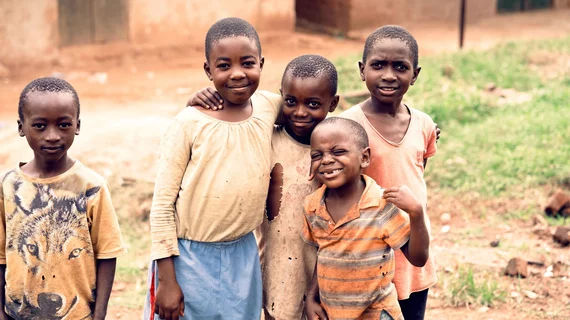AI a key component in $100M global health initiative
Several major charitable organizations are banding together to prevent 6 million deaths in 10 countries by 2030 using Big Data to provide precision medicine.
They’ve launched a $100 million public-health initiative to get there.
The Rockefeller Foundation is leading the effort to fund the work, which will begin in India and Uganda. Joining Rockefeller are UNICEF, the World Health Organization, The Global Fund, the World Bank Group and Gavi, the Vaccine Alliance.
The humanitarian giants will collaborate to supply community health systems and frontline health workers in underserved regions with readily useable AI, predictive analytics and other data-science toolsets, according to a Rockefeller Foundation announcement.
Smaller-scale efforts already underway with data tools around the world will serve as a collective base on which the new Precision Public Health Initiative will build. Examples of these include real-time risk maps, non-health data sources like climate patterns and social media analyses, all of which can help health officials predict and respond to health emergencies.
The starter project in India and Uganda will focus on improving survival for new mothers and their babies.
“The integration and analysis of disparate data will enable decentralized decision-making and near real-time monitoring across the primary and community health systems to accelerate the impact of interventions on maternal and child health outcomes,” the Rockefeller Foundation states.
From there, organizers will branch out with best practices in additional countries.
“Data is a powerful tool that can help us make life-saving decisions and prevent epidemics before they happen,” says Henrietta Fore, executive director of UNICEF.
“In Uganda, strengthening community health and leveraging data science go hand in hand,” adds Jane Aceng, that country’s health minister. “Data can help us see who is in greatest need and hold ourselves accountable for meeting those needs.”

